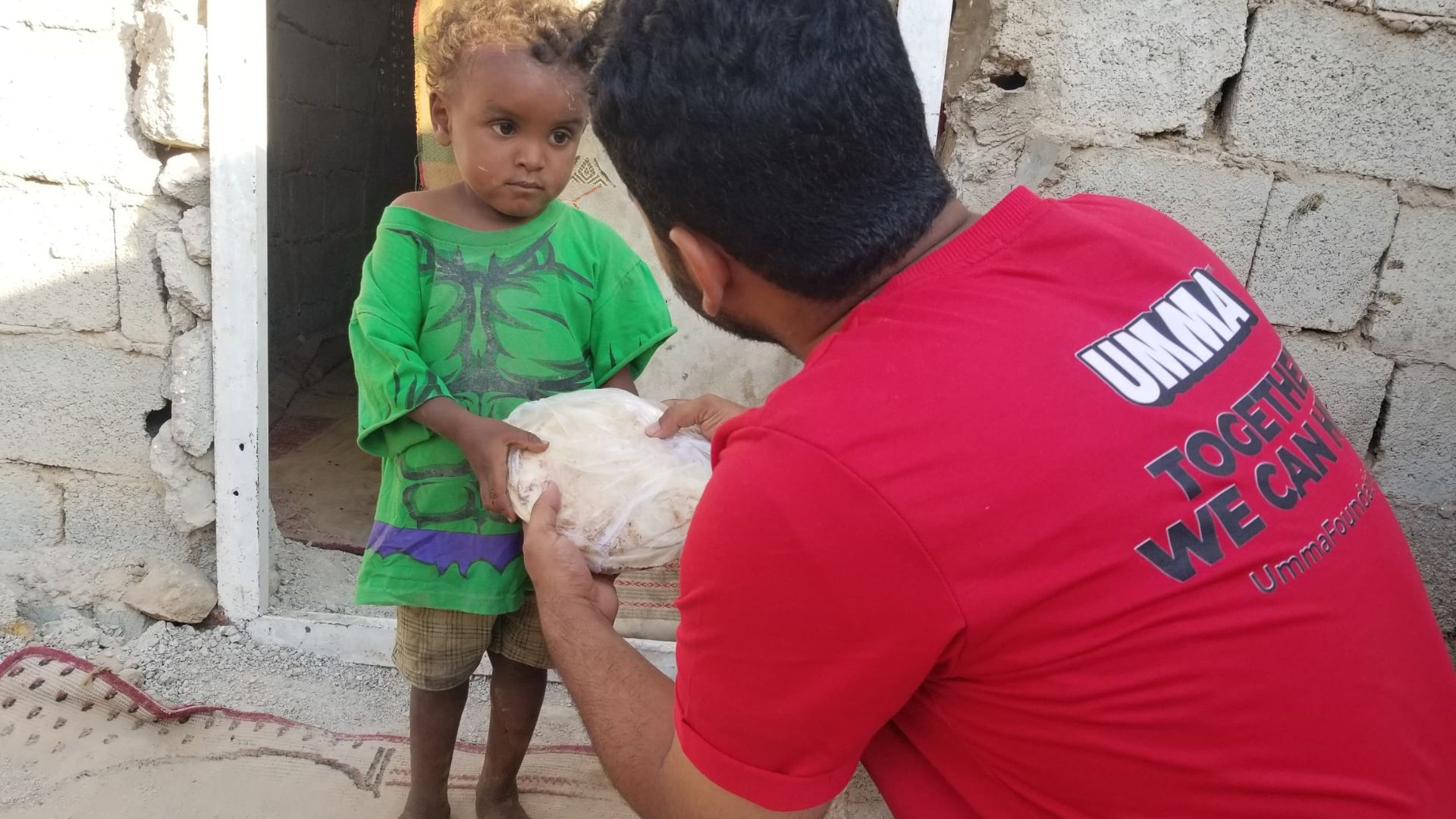Introduction
Legacy giving, also known as planned giving, is a powerful way to create lasting impact through charity—long after your lifetime. By including Umma Foundation in your will or estate plans, you help sustain life-saving programs that support food relief, orphan care, water access, and education in underserved communities.
This guide will help you understand what legacy giving means, how it aligns with Islamic principles, and the steps to start planning your legacy today.
What Is Legacy Giving?
Legacy giving is a form of charitable donation made through your financial or estate planning. It allows individuals to leave behind a charitable bequest or Islamic estate gift that continues to support causes they care about.
Examples of legacy giving include:
- Naming Umma Foundation as a beneficiary in your will or trust
- Donating a portion of your life insurance policy
- Designating retirement assets for charitable purposes
- Creating a charitable gift annuity or donor-advised fund
Learn more about legacy giving strategies from Fidelity Charitable.
These gifts can often offer tax benefits and provide an opportunity to fulfill zakat or sadaqah obligations beyond your lifetime.
Why Choose Legacy Giving?
Legacy giving helps you:
- Make a lasting impact on the Ummah
- Support programs that align with your Islamic values
- Reduce potential estate taxes
- Pass on a tradition of generosity to future generations
Many of our donors choose legacy giving because they want to leave the world better than they found it—providing clean water, meals, and shelter for those most in need.
Explore insights on the impact of planned giving from Charity Navigator.
How Legacy Giving Aligns With Islam
Legacy giving can be structured in ways that are zakat-eligible and shariah-compliant. You can designate a portion of your estate as sadaqah jariyah (ongoing charity), ensuring the reward continues even after death.
“When a person dies, their deeds come to an end except for three: ongoing charity, beneficial knowledge, or a righteous child who prays for them.” — Prophet Muhammad (ﷺ) (Muslim)
For more on Islamic inheritance and charitable giving, visit Islamic Relief USA's legacy giving page.
How to Get Started with Legacy Giving
Here are simple steps to begin planning your legacy with Umma Foundation:
Step 1: Reflect on Your Intentions
- What causes matter most to you?
- How would you like to be remembered?
Step 2: Consult a Legal or Estate Planning Professional
- Ensure your will and estate plan are updated
- Discuss tax benefits and donation structures
A helpful resource to explore is FreeWill, a platform that simplifies the will-making process.
Step 3: Choose Your Type of Gift
- Will or Trust Bequest
- Retirement Account or Life Insurance
- Donor-Advised Fund or Charitable Trust
Step 4: Inform Us of Your Intent
- Let us know your plans so we can honor your intentions and offer support
- Contact us here
Leave a Lasting Legacy
By choosing legacy giving, you join a special group of donors committed to transforming lives—now and for generations to come. Your gift ensures that families continue to receive essential aid, children gain access to education, and vulnerable communities build sustainable futures.
🟢 Start Your Legacy Giving Plan Today
Visit our secure contact form to connect with our team:
🔗 ummafoundation.org/plan-legacy-giving
Learn how Harvard's legacy giving strategy has empowered educational and global health impact.
Frequently Asked Questions
Q: What is legacy giving?
A: Legacy giving is the act of making a charitable donation through your estate or financial plan, often via a will or trust.
Q: Can Muslims participate in legacy giving?
A: Yes. Legacy giving can fulfill sadaqah jariyah and zakat through shariah-compliant planning.
Q: Do I need a lawyer to set this up?
A: While not required, consulting an estate planning attorney can help ensure your gift is legal, tax-efficient, and aligns with your values.

.jpg)









